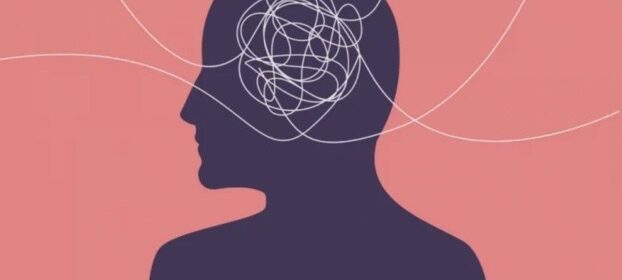The Future of Antidepressants

JARED SOLOVEI – The discovery of antidepressant drugs in the 1950’s marked a massive milestone in the world of psychiatry and the treatment of depressive patients. And over the years, scientists have been able to add a significant number of drugs to the list of viable pharmaceuticals. However, like most things in the field of medicine, these treatments are far from perfect. As it stands, the process of prescribing antidepressants is essentially a guessing game. Even when an effective antidepressant is prescribed, it is very unlikely to completely solve the problem. When administered preventive treatments, nearly a quarter of patients will relapse within 2 years. In fact, whether antidepressants are even effective in the first place is still being debated.
While some sources support antidepressants, claiming that they are able to improve the overall quality of life for depressed patients, many remain skeptical. According to one study, researchers found that antidepressants provided no clinically meaningful advantage and have not been shown to reduce rates of suicide or depression. In the midst of this heated debate, the stage had been set for new, alternative solutions.
One promising type of treatment, known as therapeutic neuromodulation, has become popular in medication-resistant cases. One well known type of neuromodulation, introduced over 80 years ago, is electroconvulsive therapy (ECT). Despite being a legitimate treatment that is still used today, the nature of the procedure as well as the stigma associated with it has resulted in a decline in ECT’s popularity. Fortunately, new and improved methods of neuromodulation are currently the topic of extensive study.
Transcranial magnetic stimulation (TMS) is a noninvasive treatment that uses magnets to stimulate the brain. Initially approved by the FDA in 2008, the effects of TMS have been shown to be equivalent to those of traditional antidepressants at the very least. As of 2015, over 35 randomized trials generated evidence in support of TMS’s efficacy. Furthermore, TMS has very few side effects and in general, is easier to tolerate than medication. While TMS is widely recognized as a viable treatment for depression, there are plenty of questions that still need to be answered. These questions are mostly centered around how to maximize TMS’s effects while reducing any adverse reactions. Of course, TMS is not perfect. One of the major drawbacks of this treatment requires much more time and effort compared to just taking a pill. Session duration can range from minutes to hours in clinical settings depending on a number of variables.
A second, and even more unconventional treatment, is the use of psilocybin. Once entirely taboo, psilocybin, the active ingredient in “magic mushrooms”, has recently shown considerable potential as a solution to treatment-resistant depression. A recent study published in April of 2022 found that in two separate trials, the hallucinogenic compound delivered both fast and long-acting relief to depressed participants. In one of the two trials, the effects of psilocybin were compared to Lexapro (escitalopram), a popular SSRI. Researchers were able to show that the effects of the traditional antidepressant were weaker than that of psilocybin. After decades of the same antidepressant medications being used as the go-to in the psychiatrist’s toolbelt, an upgrade is well overdue. TMS and psilocybin are just two of the new approaches to depression that are under investigation. As these novel treatments rise in popularity, they offer a new beacon of hope for the 16.2% of Americans who will be afflicted with major depressive disorder (MDD) at some point in their life. And this beacon will grow ever brighter as we increase our knowledge and refine our understanding of depression treatments.
Copy Editor: Taylor Jordan
Photography Source: https://care.unc.edu/event/mental-health-awareness/
